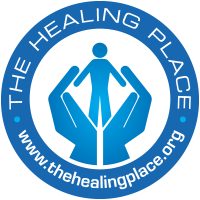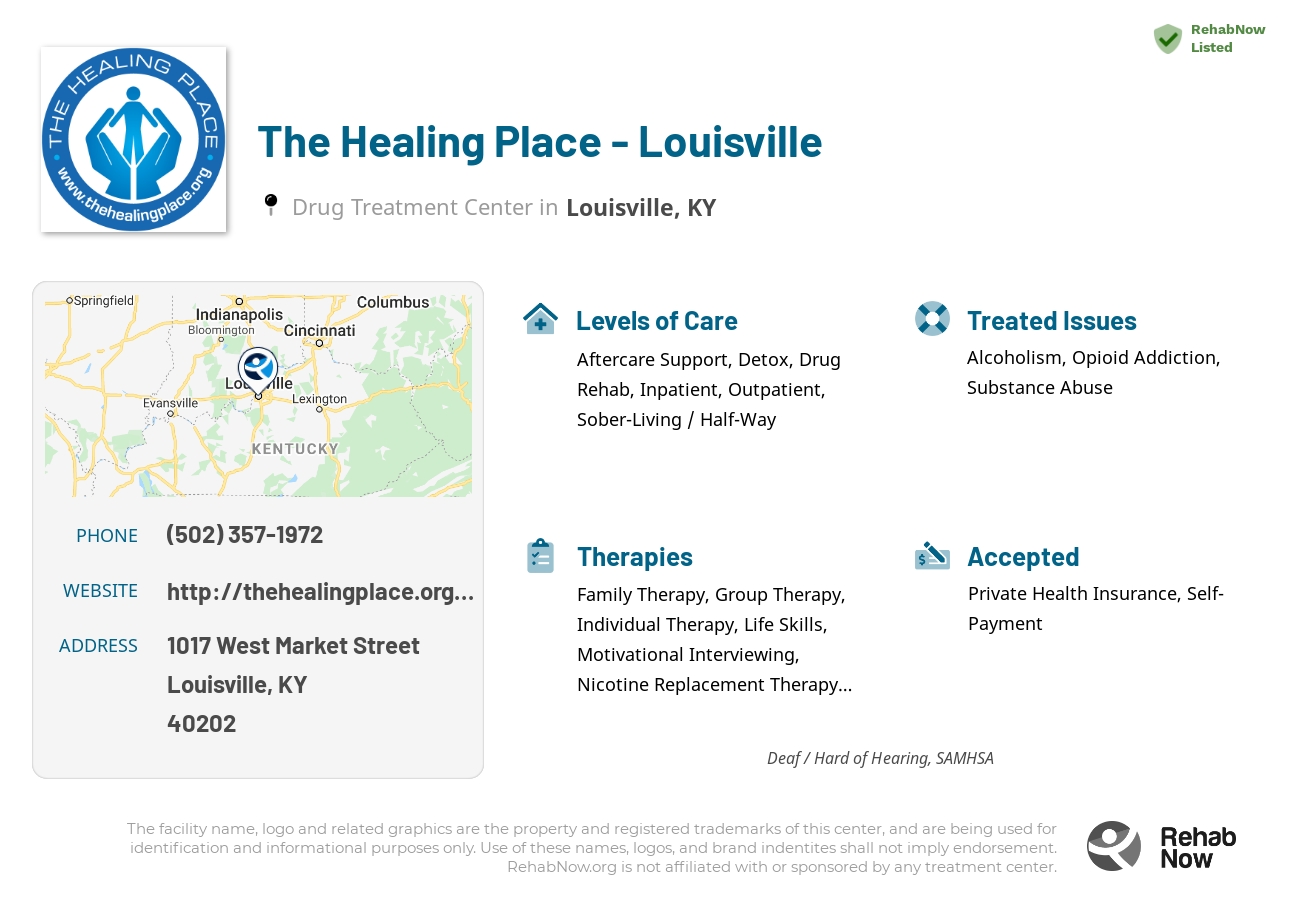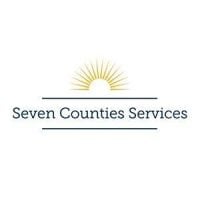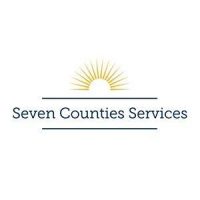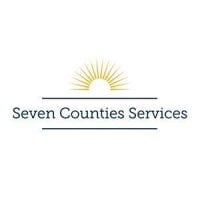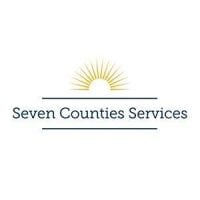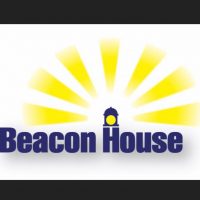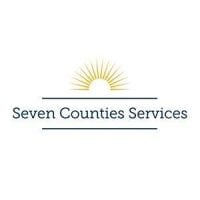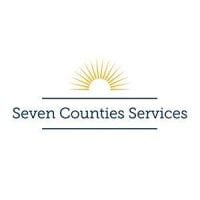The Healing Place - Louisville
Drug Rehab Center in Louisville, Kentucky
The Healing Place - Louisville is a SAMHSA accredited addiction treatment facility in Louisville, KY that offers a comprehensive program including detoxification, residential and outpatient care, aftercare support, sober living/half-way homes, and innovative treatments such as cognitive therapy, yoga classes and art therapy with an experienced team of professionals dedicated to helping individuals reach lasting sobriety.
About The Healing Place - Louisville in Kentucky
The Healing Place in Louisville, Kentucky, is a non-profit rehabilitation center dedicated to providing comprehensive addiction treatment services at no cost to clients. With a mission rooted in removing barriers to recovery, they offer food, shelter, clothing, and a nationally-recognized recovery program to nearly 1,000 individuals daily.
Their approach emphasizes creating an environment where hope can flourish, and individuals have the opportunity to embark on a journey towards sobriety with a genuine desire to change. The Healing Place recognizes that recovery is a multifaceted process, and they strive to address the unique needs of each person seeking their services.
Accredited by the Substance Abuse and Mental Health Services Administration (SAMHSA), The Healing Place is recognized as a trusted provider of addiction treatment services. As a 250-bed facility, they offer various levels of care, including detoxification, inpatient treatment, outpatient programs, sober-living/halfway houses, and residential programs. Their comprehensive approach ensures individuals receive the appropriate level of support throughout their recovery journey.
- Individualized treatment plans tailored to specific needs
- Evidence-based therapies and counseling sessions
- Supportive living environments for sustained recovery
The Healing Place specializes in treating alcoholism, drug addiction, opioid addiction, and substance abuse, providing a safe haven for those struggling with these challenges.
Genders
Ages
Modality
Additional
Accreditations
SAMHSA
Conditions and Issues Treated
Many people need to recover from substance abuse to live a healthy life. In the end, if you can get through all the steps: detoxifying your body, rehabilitation after some time or when needed (depending on the type), and recovery while also receiving therapy support throughout the process, it can be worth it.
A detoxification center is a common place to start the recovery process from substance abuse. With your body and mind restored, you can continue to heal without the lingering effects of drugs.
Many people who struggle with opioid addiction need to attend specific programs like methadone , Suboxone or Vivitrol clinics.
These types of programs will provide the patient with legal, prescription medications that can help them overcome their cravings for illegal opioids like heroin or fentanyl . If the patient has a chronic condition like Hepatitis C, they must undergo treatment before they can begin taking these medications.
Levels of Care Offered
This center offers a variety of custom treatment tailored to individual recovery. Currently available are Aftercare Support, Detox, Drug Rehab, Inpatient, Outpatient, Residential, Sober-Living / Half-Way, with additional therapies available as listed below.
Detox refers to the progressive elimination from the body of toxins. The detox period depends on the form of addiction, the length of drug abuse, and the state of health. Under the supervision of medical practitioners, MAT detox based in Louisville, KY requires the use of medications.
Inpatient treatment is an intensive program that takes place when a patient checks into a rehabilitation facility. The treatment includes detoxification and counseling sessions, which are round the clock. Outpatient treatments are also available, but inpatient care is advised as the first step of rehabilitation.
Intensive rehab ensures the patient stays in a substance-free atmosphere, improving treatment success rates. The patient participates in group therapy for motivation from other patients who have overcome addiction. Family members are also involved in providing emotional support throughout the program.
An outpatient treatment program is set up to help with alcohol or drug addiction, or a co-occurring disorder. The patient must attend the Kentucky facility for their therapy and other programs but are able to return home each night. The frequency of mandatory attendance decreases after much of The Healing Place - Louisville‘s program is complete.
Sober Living Homes are an option for those who have completed a treatment program within the past several months. However, it isn’t advisable to use this as a permanent living arrangement because it can lead to a relapse .
The goal of a sober living home is to provide a supportive environment for recovering addicts so they don’t need to return to their previous lifestyles. The homes will not accept residents who are still using drugs or alcohol, and those living in the house must follow a set of rules dictating how they should behave to avoid relapsing.
Residential treatment programs are those that offer housing and meals in addition to substance abuse treatment. Rehab facilities that offer residential treatment allow patients to focus solely on recovery, in an environment totally separate from their lives. Some rehab centers specialize in short-term residential treatment (a few days to a week or two), while others solely provide treatment on a long-term basis (several weeks to months). Some offer both, and tailor treatment to the patient’s individual requirements.
Aftercare is a term that’s used to refer to any sort of continuing care offered for a drug addict who has voluntarily entered a rehabilitation program. This type of care can be provided in several settings, including outpatient therapy sessions after the addict has completed an inpatient program. There are also 12-step support groups, such as Alcoholics Anonymous, which can provide additional help for addicts trying to stay sober.
Therapies & Programs
Individual Therapy is a critical component of addiction recovery. Therapists work with patients to identify the root of their addiction and figure out how to better handle the issues that led to them using drugs. Individual Therapy is the one-on-one session where people meet with their therapist. Individual therapy provides a safe space for people to open up and discuss personal and sensitive topics which they may not feel comfortable discussing in a group setting.
Family therapy will also help families realize that the addiction is not their fault. For many years, people blamed themselves for an addict’s behavior and felt that they had done something wrong. This is not the case. Addiction is a disease, and it can strike anyone, even if their life seems fine from the outside. It can bring a lot of shame to a family when they have an addict in their midst, but if everyone is open and honest with each other, then they can help everyone stay in recovery.
Group Therapy is utilized by drug treatment centers like The Healing Place - Louisville to provide the recovering drug addict with a platform to talk about their feelings and experiences. It also provides for an opportunity to learn from other addicts who have successfully overcome their addiction.
Group Therapy is employed in lectures, seminars, or discussion groups (the latter two are typically conducted as “therapy groups”). It is recommended that all group members be recovering addicts for this type of therapy to work (though it does not exclude others with lived experience).
Trauma therapy is a clinical process that helps individuals deal with mental stress often caused by traumatic events. It is generally done for children, teenage victims of sexual assault, and war veterans. The therapist helps the person identify, understand and work through the problem. This is done with the help of talking about it in group or one-on-one counseling sessions. Therapists use relaxation, role-playing, art, and music to help the person open up about what is bothering them.
Cognitive behavioral therapy is also a popular service for individuals living with addiction. This type of supportive treatment uses both one-on-one counseling and group sessions to teach addicts how to identify thoughts, behaviors and emotions that might increase their risk of relapse.
These professionals can help addicts develop coping skills for managing stress, improving self-esteem and overcoming triggers. They might also use behavioral therapy to help addicts learn how to avoid cravings and warning signs that could lead them back into addiction.
Therapy can be used as a step-down from inpatient treatment or as the primary method of overcoming an addiction. No matter which option is best for the addict, they will teach important emotional coping techniques, which can make it easier for addicts to get through the tough days.
Training in improved life skills helps those recovering from addiction feel more capable of self-care. The Healing Place - Louisville are daily skills that give the person the tools they need to survive.
The therapy covers practical activities like cooking, job hunting, social interaction, and money management, helping to fill in the knowledge gaps caused by addiction.
These life skills help the person self-manage their recovery and stay on track. It also reduces relapse risk as they gain confidence in their day-to-day abilities.
12-Step Program is used by drug treatment centers to get addicts sober. The 12 steps typically begin with addicts admitting they need help. They will work through physical withdrawal symptoms, identify the problems that led to their addiction and learn how to resist cravings. It is often used as a part of an inpatient or outpatient treatment program and is frequently recommended by doctors.
Contingency Management (CM) is one of the most widely used behavioral approaches to improving drug addiction outcomes. CM aims to change behavior by linking desired behaviors (such as abstinence) with some reward. Incentive programs have been used successfully in various settings, and research has suggested increasing engagement in health care. LPE is a treatment that engages clients by reinforcing points, tokens, or coupons that can be traded for especially reinforcing items.
Payment Options Accepted
For specific insurance or payment methods please contact us.
Is your insurance accepted?
Ask an expert, call (888) 674-0062
The Healing Place Associated Centers
Discover treatment facilities under the same provider.
- The Healing Place - Women's Campus in Louisville, KY
- The Healing Place - Women and Children's Campus in Louisville, KY
- The Healing Place - Campbellsville Campus in Campbellsville, KY
- The Healing Place - Campbellsville in Campbellsville, KY
Learn More About The Healing Place Centers
Additional Details
Specifics, location, and helpful extra information.
Louisville, Kentucky 40202 Phone Number(502) 357-1972 Meta DetailsUpdated April 15, 2024
Staff Verified
The Healing Place - Louisville Patient Reviews
There are no reviews yet. Be the first one to write one.
Louisville, Kentucky Addiction Information
Kentucky ranks among the top ten states for opioid-related overdoses. Most of these are due to heroin, fentanyl, and prescription opioid use. A little over 11% of the Kentucky population abuses alcohol in a given year. More than 15% of Kentucky adults admit to participating in binge drinking every month.
Louisville, Kentucky has a high rate of drug-related deaths. Most drug overdose deaths in Louisville are caused by opioids, such as heroin and fentanyl. Alcohol abuse is also a problem in the city, with binge drinking rates of 19.9% among adults and 11.3% among youths aged 12-20. There are a variety of drug treatment options available in Louisville, Kentucky. Some of the most common include inpatient, outpatient, and detox programs.
Treatment in Nearby Cities
- Richmond, KY (87.7 mi.)
- Lancaster, KY (78.4 mi.)
- Stanton, KY (107.8 mi.)
- Greensburg, KY (70.4 mi.)
- Owensboro, KY (80.5 mi.)
Centers near The Healing Place - Louisville
The facility name, logo and brand are the property and registered trademarks of The Healing Place - Louisville, and are being used for identification and informational purposes only. Use of these names, logos and brands shall not imply endorsement. RehabNow.org is not affiliated with or sponsored by The Healing Place - Louisville.
